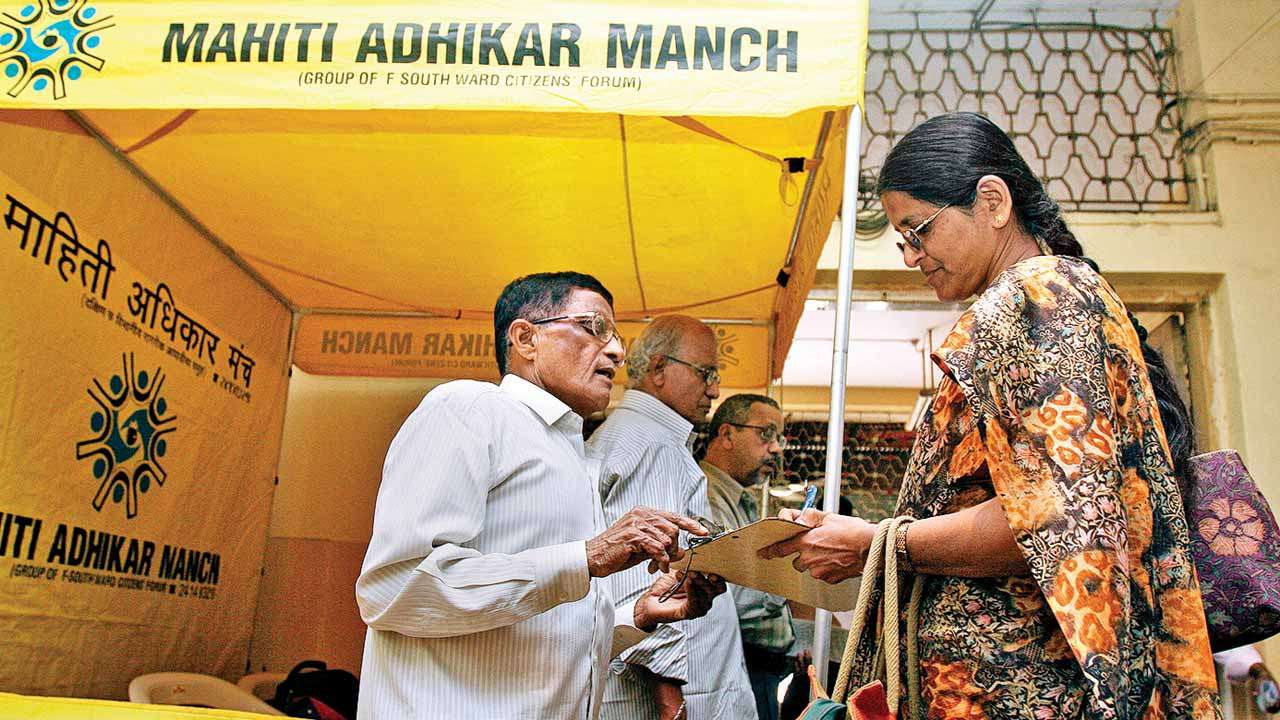
Freedom of information is not only a human right, but also an essential tool to engage and empower citizens to demand accountability from governments and fight corruption.
Worldwide, around 120 countries have a right to information (RTI) act, indicating that most nations consider it important to spell out in detail how this right is exercised and to set obligations for public authorities to promote, protect and implement it in practice.
However, the quality of laws varies across countries, as does implementation and compliance with regulations. A well-formulated law does not necessarily mean that the right to information is widely known and upheld.
Many laws do not meet international standards and are not properly implemented and promoted. Even strong laws can be ineffective if the officials providing information are undertrained, too few or support a culture of secrecy.
To mark International Right to Know Day on September 28, Transparency International, a global movement with the vision of a world in which government, business, civil society and the daily lives of people are free of corruption, launched a report on 11 Asia-Pacific countries and called on their governments to make right to information a priority.
Representatives of freedom of information organisations from 15 countries took part — Albania, Armenia, Bosnia and Herzegovina, Bulgaria, Georgia, Hungary, India, Latvia, Macedonia, Mexico, Moldova, Romania, Slovakia, South Africa, and the United States — as well as representatives of international organisations active in the freedom of information field.
The Transparency International report covered Bangladesh, Cambodia, Maldives, Mongolia, Nepal, Pakistan, Papua New Guinea, Solomon Islands, Sri Lanka, Vanuatu and Vietnam.
According to Transparency International, all the countries need to strengthen their RTI systems. While eight have RTI laws, six have many broad or controversial exceptions. Exceptions let governments withhold information on certain topics for reasons like security, but they can be misused to keep incriminating information secret.
Tests to balance the public interest of disclosing or withholding information are missing from most laws. Without these tests, officials can claim that they are protecting the public by withholding information when they are really acting against public interests.
Says Delia Ferreira Rubio, chair of Transparency International, “Several countries assessed in this report have recently been rocked by corruption scandals involving senior officials and political leaders. Most continue to score poorly in Transparency International’s Corruption Perceptions Index. A well-functioning right to information system is critical for exposing and deterring abuses of power, and for supporting the fight against corruption.”
Many countries mentioned in the report have a bureaucracy that discourages people who seek information. Maldives, Mongolia, Nepal and Vietnam ask information seekers to provide their name and address. Public officials also frequently ask for the reason information is being requested. This can be intimidating — potentially discouraging people from exercising their right to information — and can lead to requests being denied. It also goes against international standards.
In several countries, public officials and judges are not fully trained to understand and comply with RTI legislation, leaving information buried under disorganisation and poor judgments. At the same time, Mongolian, Nepalese and Pakistani citizens are not given enough information on how to make requests, complaints and appeals when seeking facts and data.
Transparency International has urged citizens to find out about the laws in their country and exercise their right to information and “in countries where laws do not yet exist, governments must act quickly to grant their citizens this important human right”, said Ferreira Rubio.
Improvements in RTI systems only make a difference if people can freely use the information they obtain, including sharing it publicly.
Half of the countries were reported as having severe restrictions on freedom of expression and media, with citizens, civil society organisations and journalists who share certain information on public platforms frequently facing intimidation through repressive laws, verbal threats or physical attacks.
The report noted that existing legislation in some of the countries covered imposes unacceptably broad limits on freedom of expression, both online and offline. In Bangladesh, Cambodia and the Maldives, criminal defamation legislation serves this purpose.
Telecommunications and anti-terrorism laws are also said to be widely used to suppress freedom of expression and media. In Bangladesh, the Information and Communication Technology Act 2006, the Anti-Terrorism Act 2009 and the Anti-Terrorism (Amendment) Act 2012 serve to limit freedom of expression.
In Pakistan, the controversial Pakistan Electronic Crime Bill (PECB) became law in September 2017. Its provisions contain vague language that grant authorities sweeping powers to censor online content in the name of preserving national security. The law also provides for prison sentences of up to three years for disseminating information with “dishonest” intent or which is deemed to harm an individual’s reputation.
The Press Law 2016 in Vietnam contains a number of vaguely worded provisions, which imply excessive control by the Communist Party of Vietnam (CPV) over the press and restrict the role of the press and journalists in combating corruption.
This, said Transparency International, is particularly concerning in a context in which mainstream media outlets are strictly controlled by the state, as social media networks are often one of the only viable alternative channels for citizens and activists to tackle corruption. Once they become effective, these new regulations could discourage people, especially whistle blowers, from proactively participating in anti-corruption efforts.
— IDN